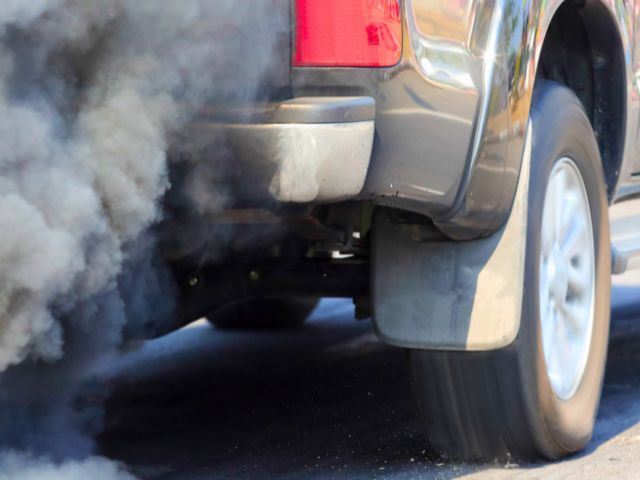
 travel
travel 
Have you ever been on the road and suddenly noticed some unusual behavior from your vehicle? The last thing you want is for your diesel engine to give up on you in the middle of a journey. To avoid such a situation, you must be aware of the signs that your diesel engine is failing. In this blog post, we’ll explore five common warning signs that may indicate it’s time for a checkup or repair.
One common sign of diesel engine trouble is excessive smoke coming from the exhaust. This can occur because of various issues, such as incomplete combustion, a damaged fuel injector, or problems with the turbocharger. If you notice unusual amounts of smoke, it’s time to have a professional check your engine.
If your engine is consistently running hot or overheating, it could be a sign that something is amiss. Overheating can occur due to several factors, such as a malfunctioning cooling system, a clogged radiator, or low coolant levels. Truthfully, there are many reasons why your diesel engine may be overheating, some of which may not be signs that your engine is on its last leg. However, ignoring this issue can potentially lead to costly damage to your engine, so it’s crucial to address it as soon as possible.
A sudden loss of power or a decrease in performance is another one of the most common signs that your diesel engine is failing. This issue could be due to various problems, such as dirty fuel injectors, a clogged air filter, or faulty sensors. Keep an eye out for this sign and consult a professional to identify and address the root cause of the problem.
Diesel engines can be naturally noisy, but if you start hearing unusual or excessively loud sounds, such as grinding or knocking noises, there might be an underlying issue that needs addressing. These sounds can come from worn-out bearings, a damaged crankshaft, or even broken piston rings. Don’t ignore these warning signs, and have your engine inspected as soon as possible.
If you notice a sudden increase in your vehicle’s fuel consumption, it might indicate a problem with your diesel engine. This can be due to issues like impaired fuel injection, poor compression, or even a malfunctioning turbocharger. Keeping track of your vehicle’s fuel efficiency can help you detect potential problems early on and avoid costly repair bills.
24World Media does not take any responsibility of the information you see on this page. The content this page contains is from independent third-party content provider. If you have any concerns regarding the content, please free to write us here: contact@24worldmedia.com